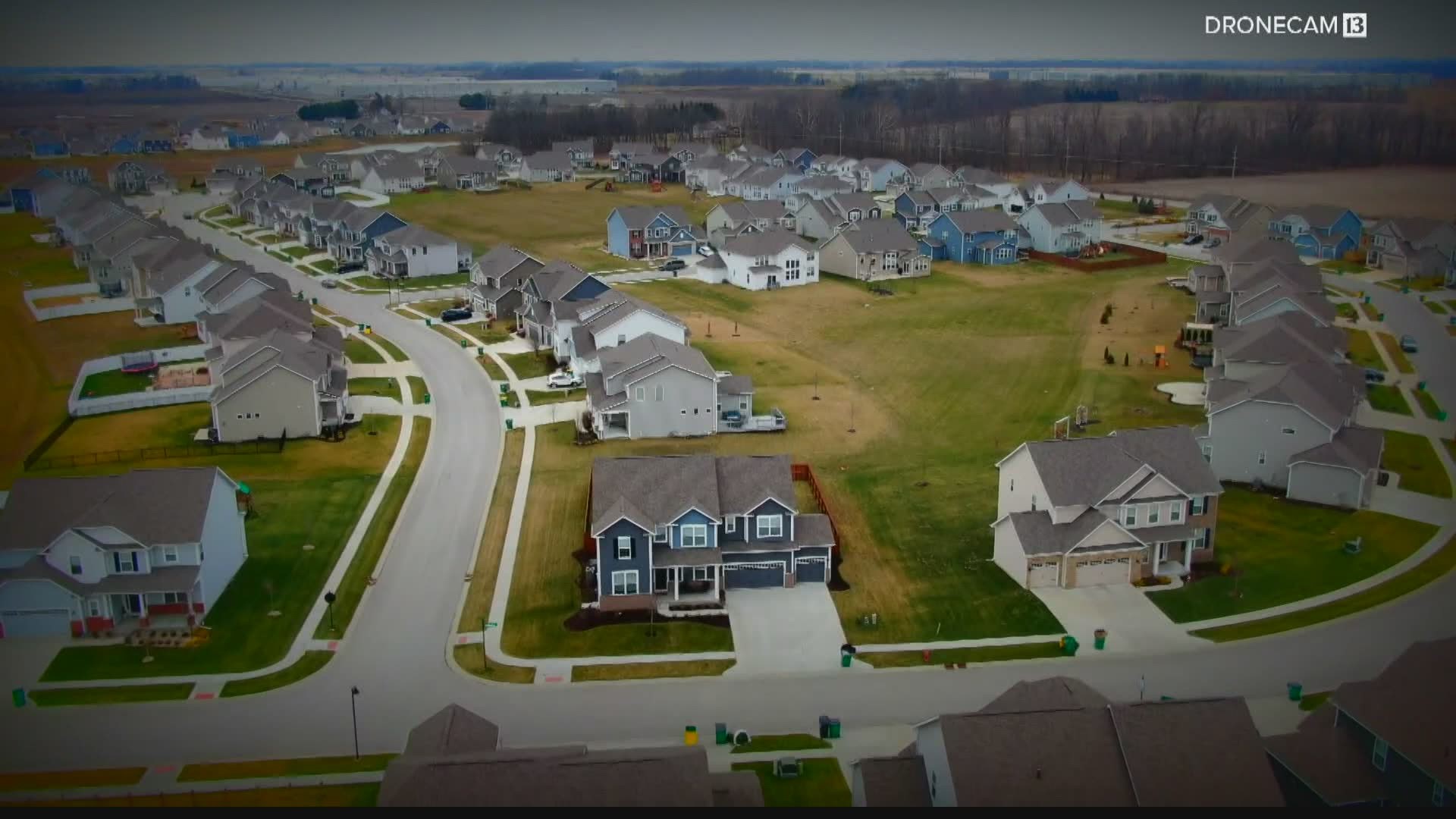WHITESTOWN, Ind. — A central Indiana non-profit group is getting closer to breaking ground on a first-of-its-kind neighborhood.
"Living independently is a goal for anyone with a disability - as well it is for anyone in general - and we want to provide that opportunity," Tom Easterday said.
Easterday is on the board of directors of the group called Independent Living for Adults with Developmental/Intellectual Disabilities, or ILADD.
They're working on the development of a "pocket neighborhood," a neighborhood within a neighborhood, that would allow adults with development and intellectual disabilities the chance to live on their own, with support.
According to the ILADD website, "There are far more adult residents of Indiana with intellectual or development disabilities than there are safe, affordable, supportive residential settings designed to accommodate their needs and wants through the lifespan."
"We'd like to be a model that can be done elsewhere in the state of Indiana," said Easterday, whose adult son has a disability.
The development, called Crossbridge Point, would be built on 15 acres and include a community building, walking paths, and housing for 40 to 60 adults.
Two-thirds would have developmental or intellectual disabilities. The other residents would provide support to them.


"And those could be individuals that are retired, they could be former nurses, doctors, whatever the case might be," Easterday said. "They might be graduate students specializing in special needs areas."
The neighborhood would make up what is called a "neurodivese" community.
ILADD has preliminary plans drawn up and is searching for land in the Whitestown area.
Programming that teaches independent living skills would also play a crucial role, said Easterday.
It sounds a lot like what Rob Eyman is working on in Tippecanoe County. His son, Michael, was born with a rare genetic condition called Cri du chat syndrome.
"For a while, we thought he was just going to stay with us until we could no longer care for him properly and then we would give him to one of his siblings," Eyman said. "Some friends challenged us on that plan and said that's really not a plan at all."
The Eymans met some other families in a similar situation and formed Oasis for Life, a non-profit group currently working to develop a neurodiverse housing community in Tippecanoe County.
"It seems impossible sometimes, but it's so needed and why not shoot for the moon?" Eyman said. "So that when my son goes out in a wheelchair for a walk, people would be able to wave at him and say. 'Hey, Michael, how's it going, buddy?' And he begins to have that sense of living something that's bigger than just his own world."
Eyman said OASIS is currently developing its strategic plan and has hired a consultant.
Easterday said ILADD plans to have its neighborhood underway in three to five years.
Both groups are still working to raise funding.

